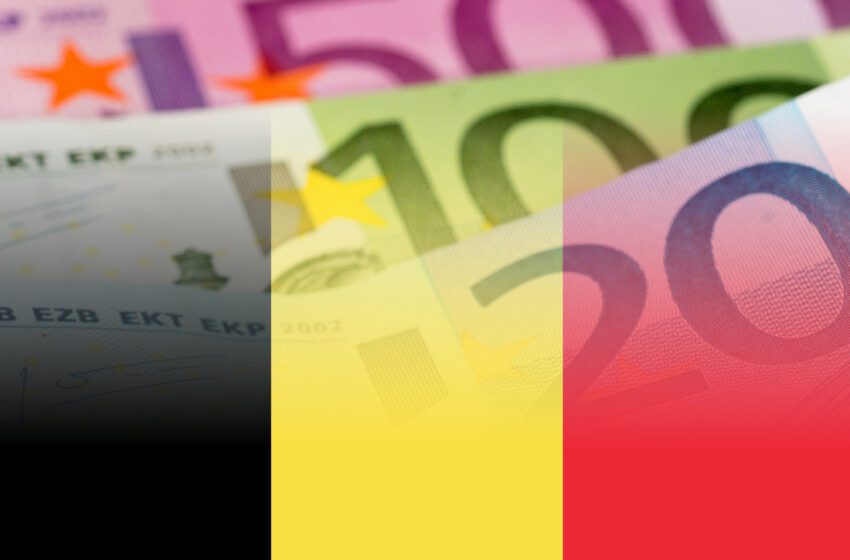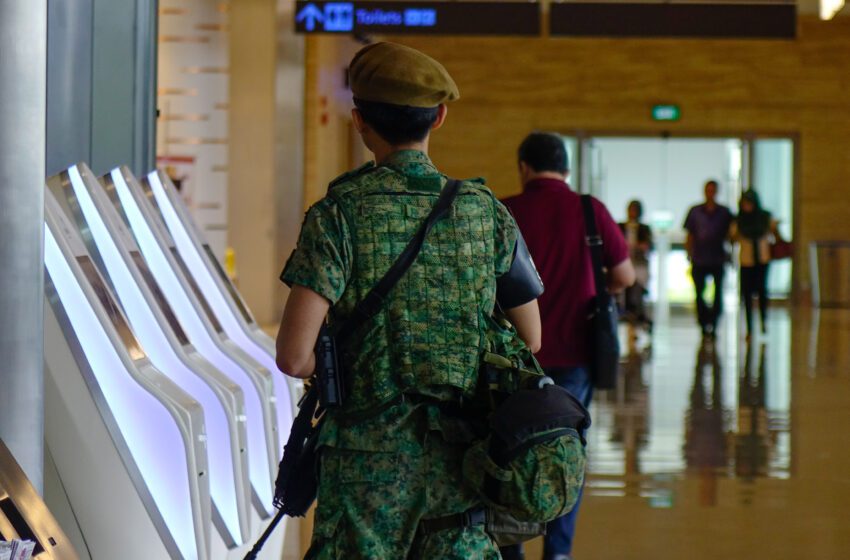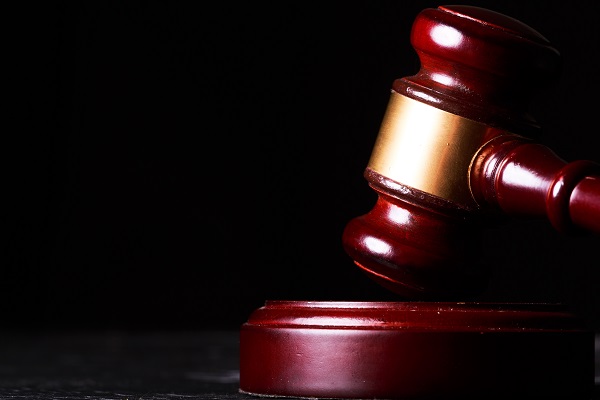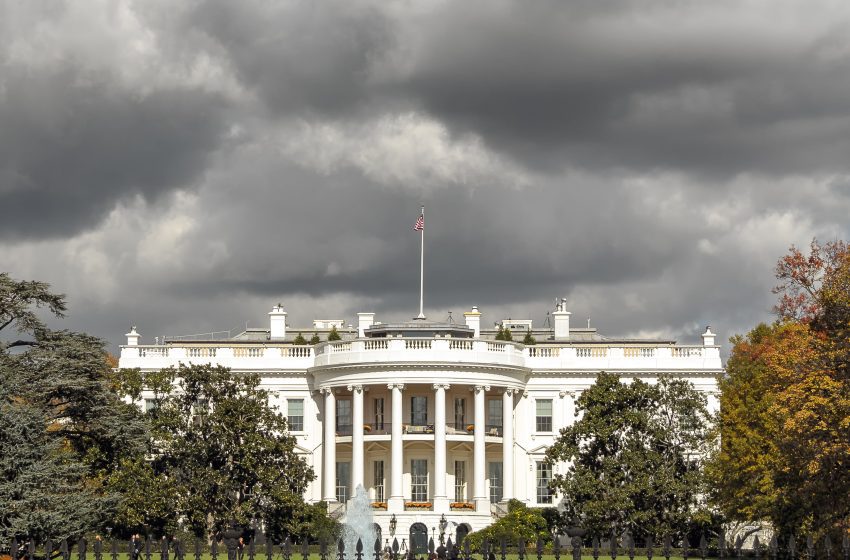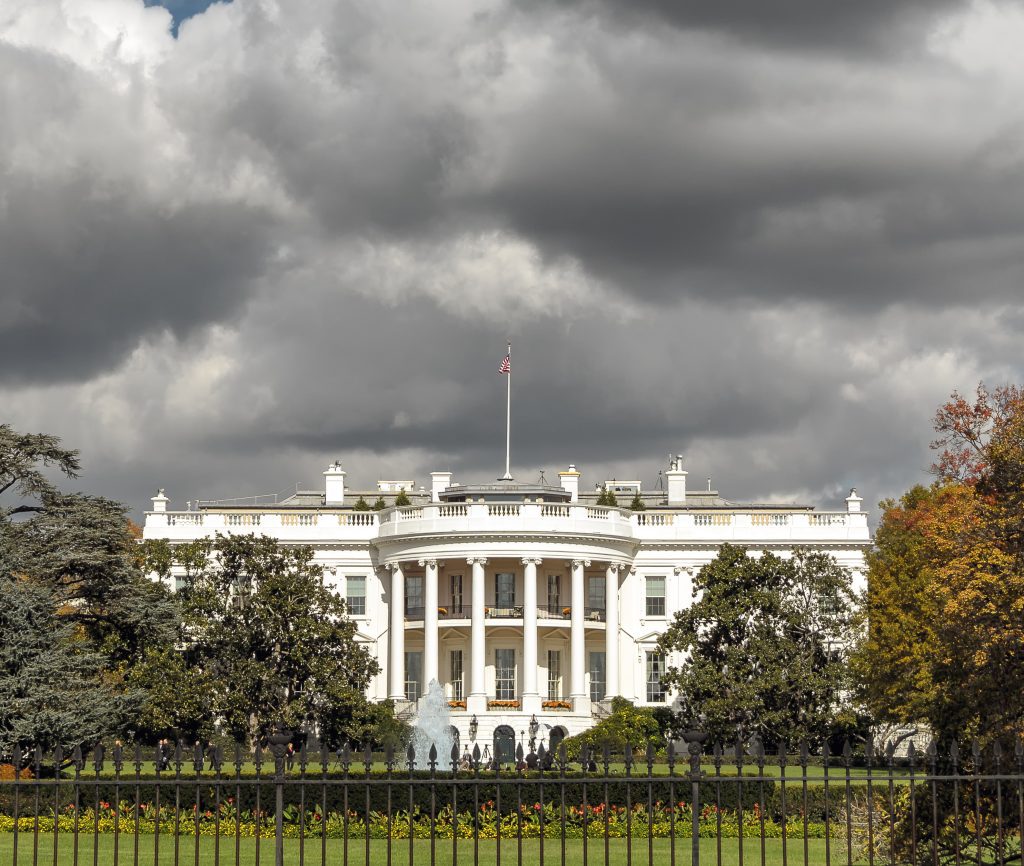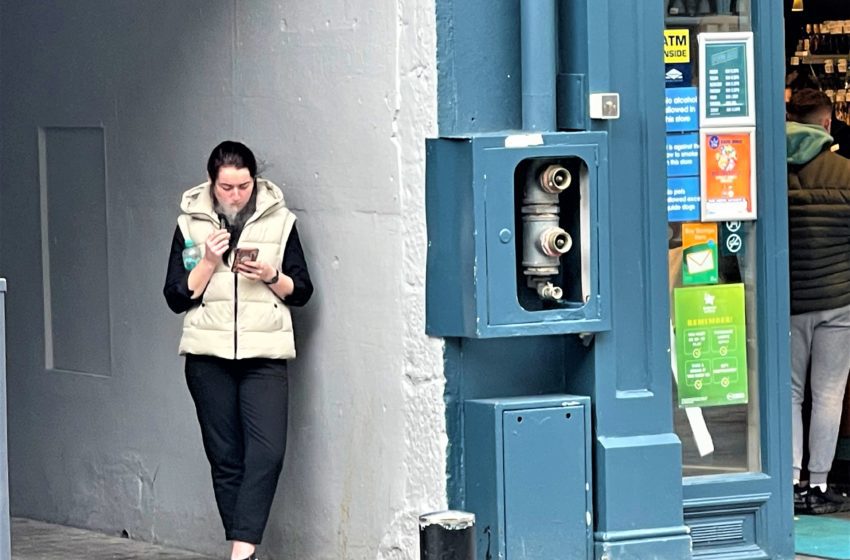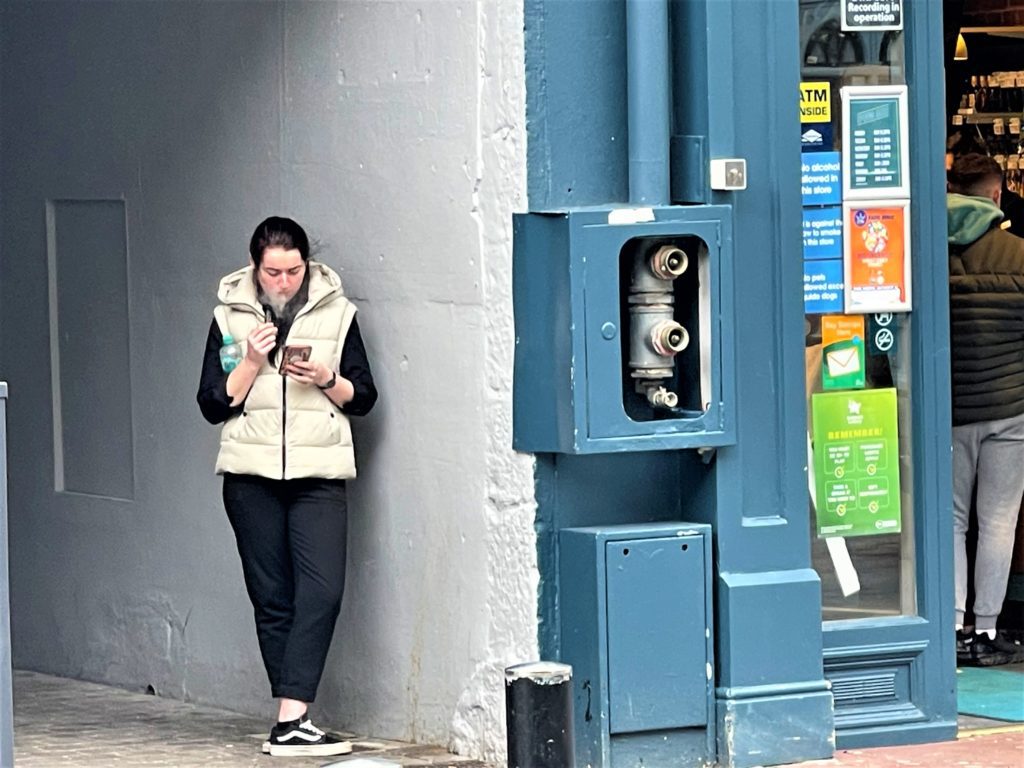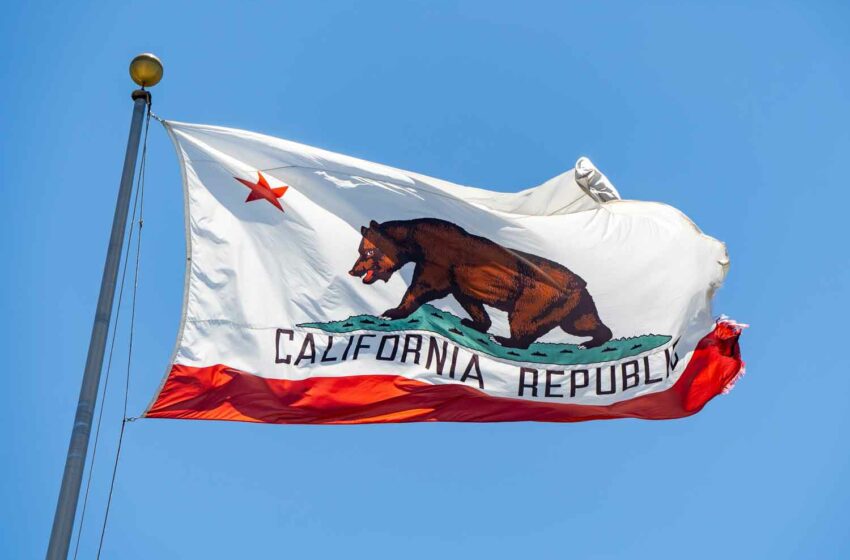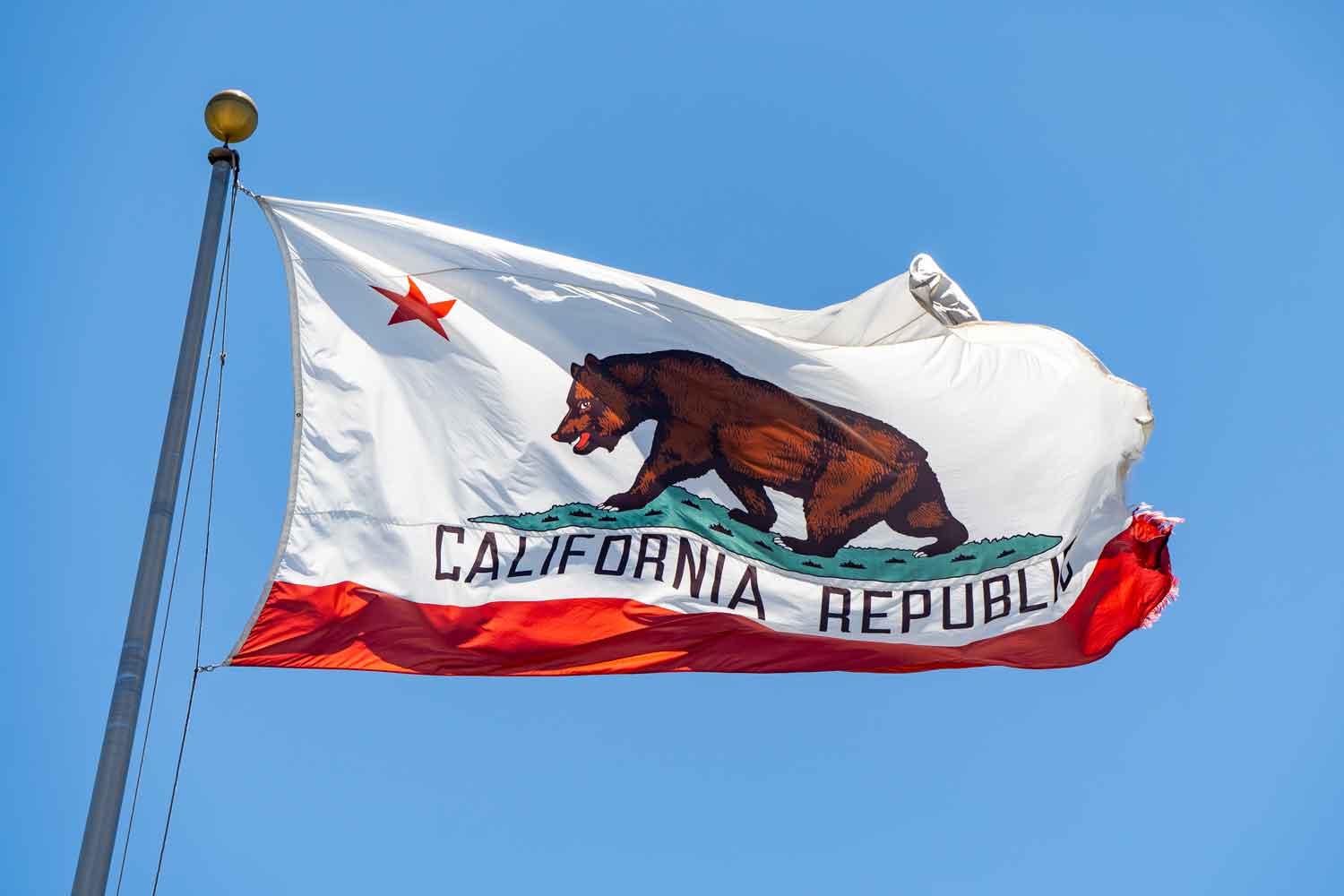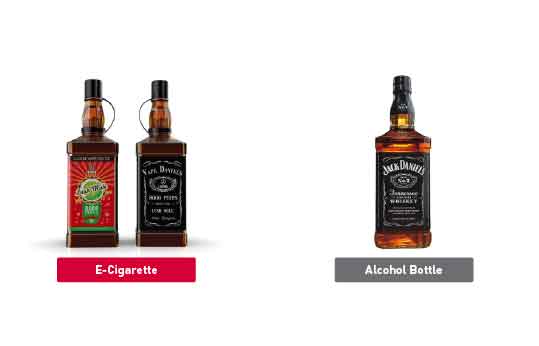
New York expanded its tobacco product marketing and event sponsorship laws to apply to vaping products in October. The new rules will begin on January 1st, 2024.
The expanded law specifically prohibits:
- E-cigarette manufacturers and distributors from selling or marketing e-cigarette branded items (other than actual e-cigarettes or accessories). The prohibition explicitly excludes retailer point-of-sale promotions.
- Gifts in exchange for the purchase of e-cigarettes.
- Sponsorship of athletic, musical, artistic, social, or cultural events or teams with branded e-cigarette images or logos. Sponsorships using corporation names are permitted.


